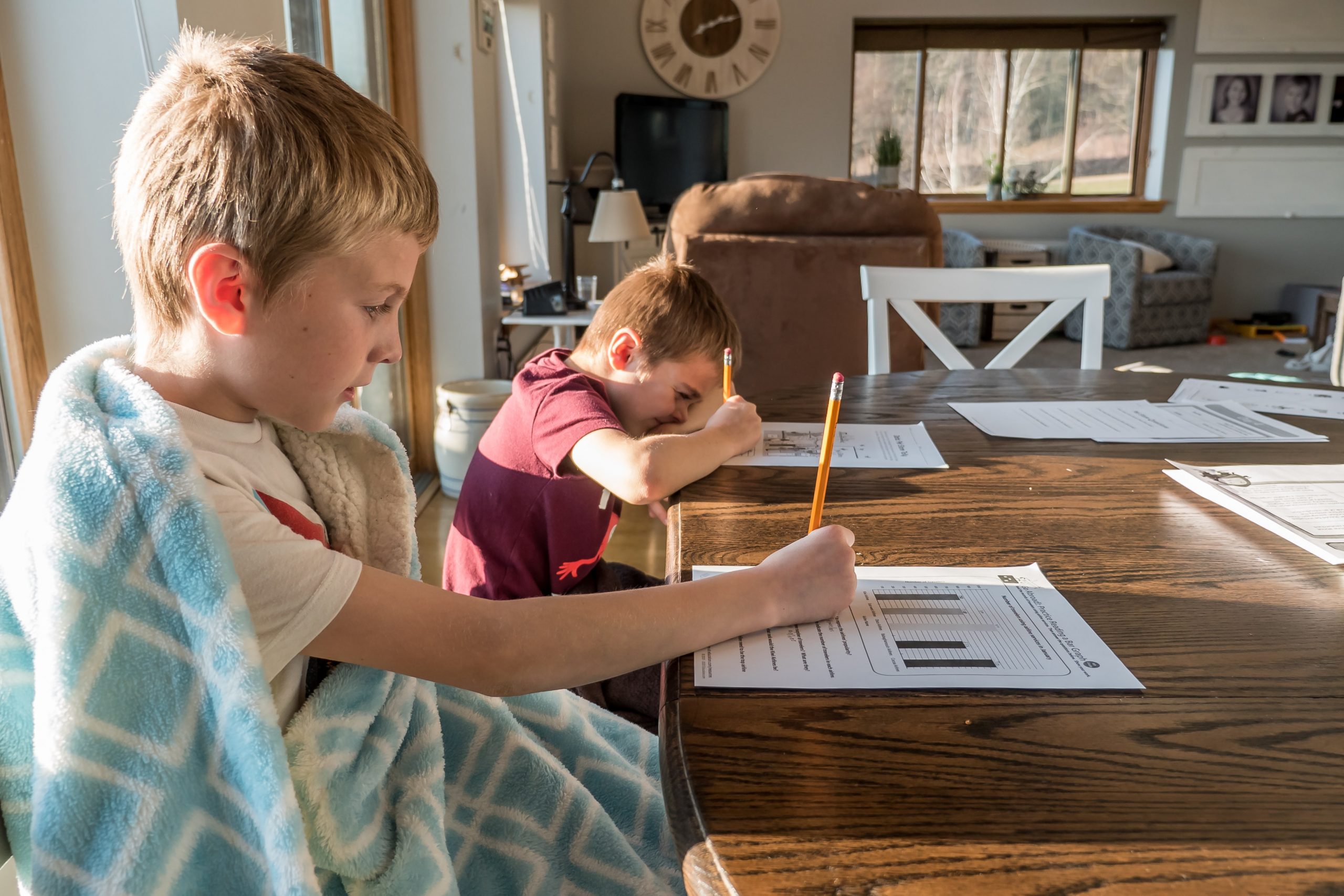Years before various health restrictions disrupted the world, many families already homeschooled their children for different reasons. Sometimes, it’s due to frequent relocation. Other times, it’s to remove a child from a negative school environment. And, in some cases, it’s to support a student with a handicap, such as children with autism. (1)(2)
Along with special education services, approximately 30-40% of students with autism or similar disabilities in public elementary and middle school levels take a part of their instruction in a traditional setting. Yet, these autistic kids tend to fall victim to loneliness and bullying because of deficits in their social communication skills. Thus, their parents may decide to have them homeschooled instead. (2)
If your autistic child is homeschooling, that doesn’t mean they can no longer enjoy the extracurricular activities traditional school students have. There are many things they can do at home to make their homeschooling experience more worthwhile. They don’t always require classmates to join them, either.
Here’s a list of activities a homeschooled child can participate in:
1. Individual sports
You might think of sports as being exclusively a team activity. However, your child can take part in an individual sport to provide them with exercise and build their character. If your child isn’t interested in popular activities, such as swimming or track and field, you still have other engaging options to choose from. (3)
Here are three examples:
- Skateboarding: Allowing your child to participate in individual activities like skateboarding can help improve their motor skills, as well as keep them active and healthy. You can let them play on the sidewalk or your driveway, all while you keep a watchful eye on them. You may even call an instructor over to visit for an exclusive in-person skateboard lesson with a personal approach for your child at home.
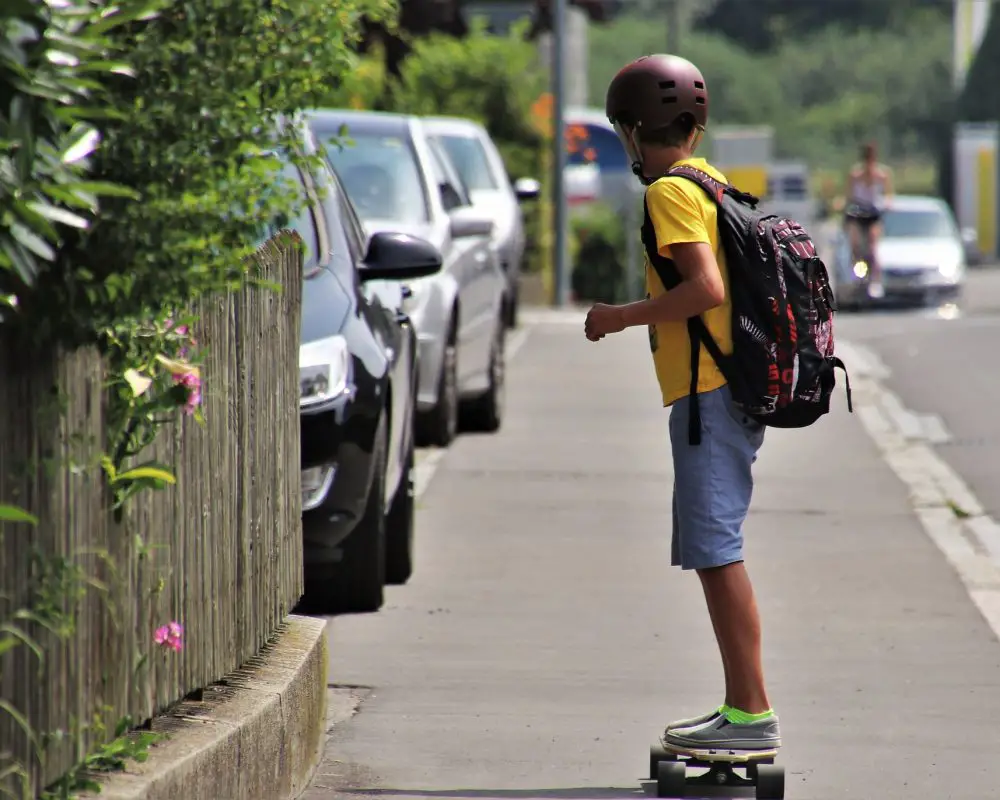
- Archery: Letting homeschooled autistic kids practice archery is a great way to improve their hand-eye coordination. Despite the dangerous connotations of this sport, archery is considered one of the safest, and children of all ages can learn it, too. What’s more, you can invite the instructor to your home to give your child one-on-one lessons. You may also look for archery lessons near you for in-person teaching that will match the kid’s learning speed and progress. Your child can enjoy the opportunity to get out of the house once in a while. (4)
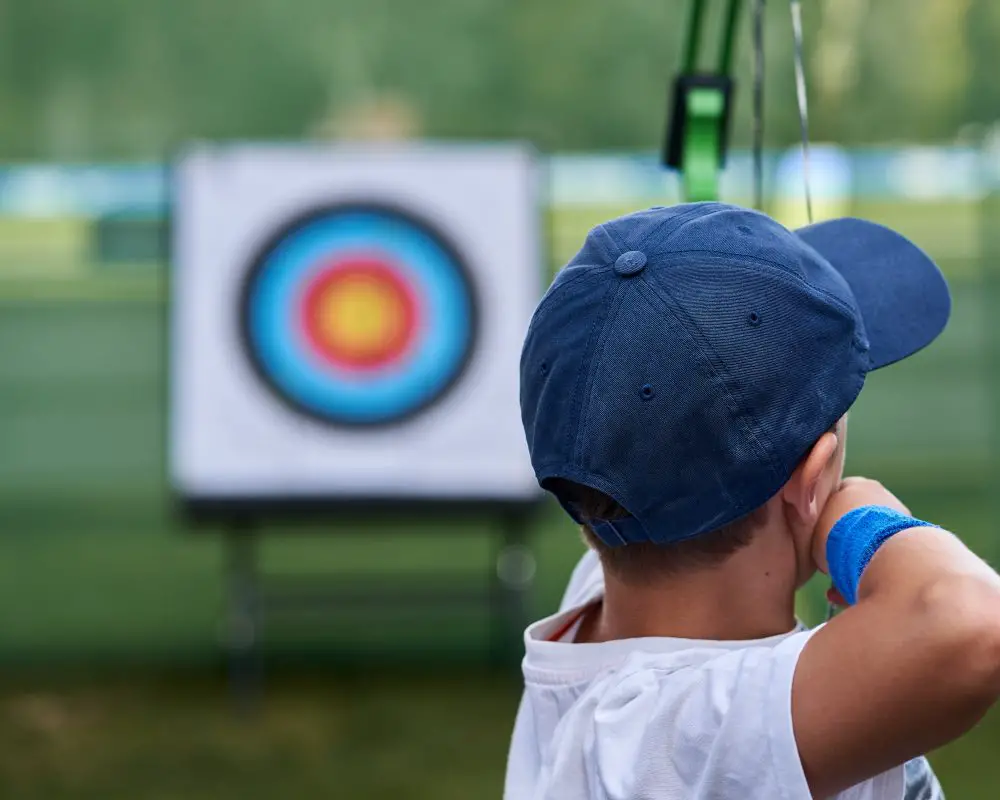
- Martial arts: Aside from self-defense, students can also learn focus and self-discipline from practicing martial arts. These two are essential for academics. Popular types of martial arts your kids can participate in are tae kwon do or karate. They can have private lessons at home or join a gym to interact with people and meet new friends.
2. Educational video games
After a whole morning of classes and homework assignments, many kids just want to relax and spend the rest of the day playing video games. While most games focus more on the play-for-fun aspect, there are still those that improve problem-solving skills and add to the academic lessons your child may be taking.
Homeschooled kids benefit greatly from playing educational video games. They learn social skills, motor skills and handling mistakes. (5)
Some game titles you can introduce to your child are:
- Big Brain Academy
- Scribblenauts Unlimited
- National Geographic Challenge
- Civilization
- Mindsnacks
You can choose more games depending on your available platforms (PC, tablet, game consoles, etc.), which you and your child can even play together. You can even make it one of your bonding activities at home after a packed day of lectures and schoolwork.
3. Music lessons
Many children in traditional school setups take music as their extracurricular. Aside from possibly helping students improve their math and literacy skills, music may also improve autistic kids’ social communication. It’s also one of the best after-school activities for your child to do. (6)
Since there are many choices of musical instruments to play, ask your child what piques their interest the most. Or, if you recognize their talent in singing, why not enroll them in vocal lessons? Music teachers with proper experience may prepare their lessons to cater to your child’s specific needs. (6)
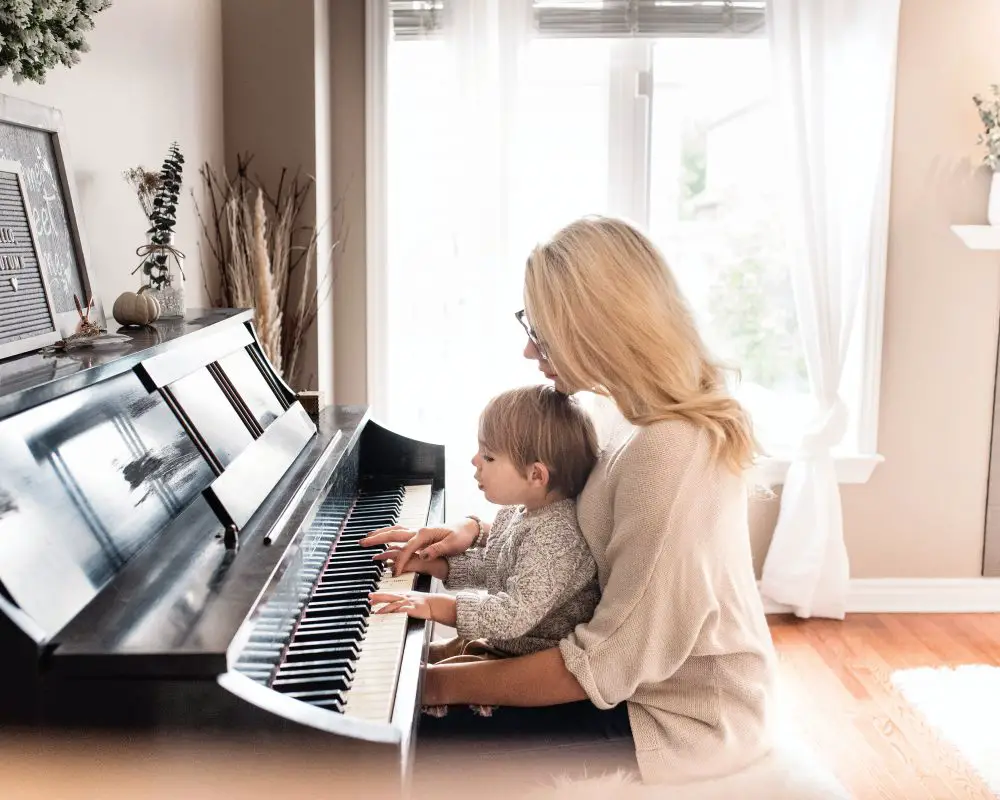
Learning instruments helps people with disabilities by calming them down and giving them an outlet to process their thoughts. Children with autism may also learn to follow directions, be patient and listen attentively through practicing music. These lessons will be beneficial for them at school, home and in preparation for adult life in the outside world.
4. Arts and crafts
Suppose you spot your child’s propensity for drawing. Set up a nook at home dedicated to their artistic endeavors. Like the previous activities mentioned, doing arts and crafts can improve motor skills, especially for toddlers and young children.
Some kids must deal with nonverbal communication. Sometimes, it can be challenging for parents and teachers to communicate with children suffering from this difficulty. But art is an excellent method to get words out of them, even if they don’t say it aloud. So much so that in many places around the world, kids undergo art therapy to help manage sensory issues and SPD (Sensory Processing Disorder). (7)
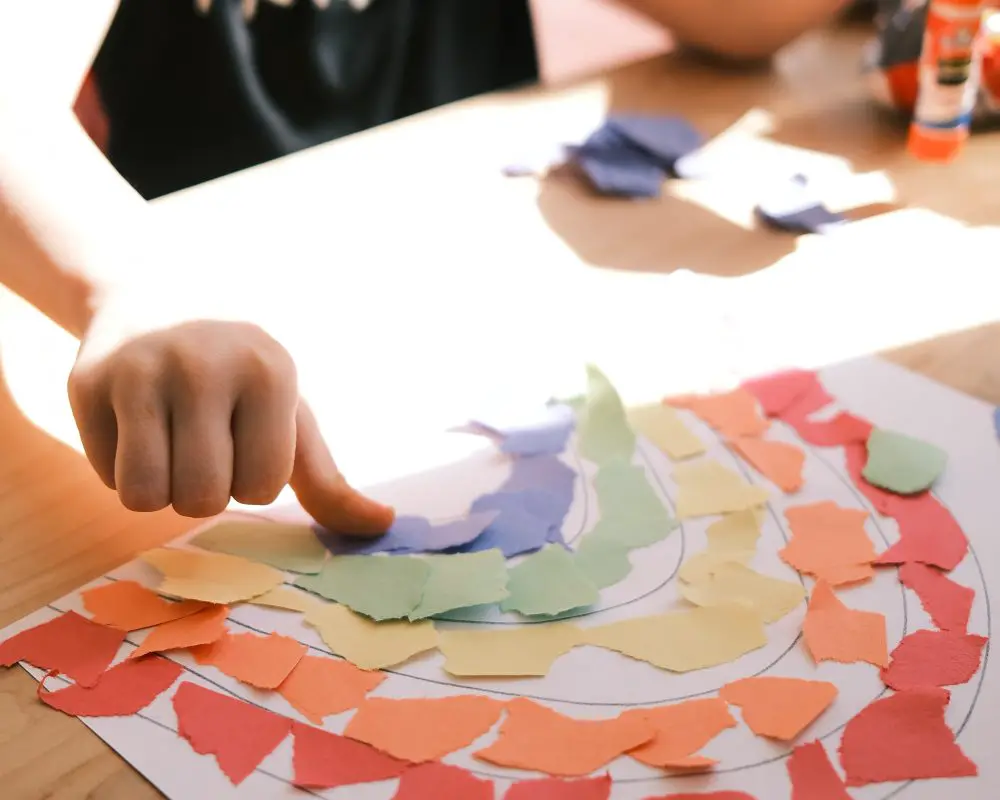
After homeschooling, make time for your child to engage in artistic activities. These can be through origami, coloring, painting or art collages. Whatever your kid decides to do with their pencils, paints and craft paper, give them room to explore their creative mind. When they’ve finished their masterpiece, display and save their art in unique ways to let them know how much you love and appreciate them.
In Summary
Homeschooling doesn’t require a sole focus on academics. Quite frankly, homeschooled kids get more extracurricular opportunities because of their schedule’s flexibility. Children need to play and perform age-appropriate activities for personal growth, which is especially true for autistic kids. (1)(2)
References
- “Top 5 Reasons Why Parents Homeschool Their Kids”, Source: https://www.calverteducation.com/should-i-homeschool/top-5-reasons-parents-homeschool-kids
- “Evidence-Based Practice for Homeschooled Children with ASD: Group Comparison and Parent-Implemented Intervention”, Source: https://getd.libs.uga.edu/pdfs/simmons_christina_a_201608_phd.pdf
- “Team Sports VS Individual Sports: Both Offer Lessons to Students”, Source: https://ce.fresno.edu/news/team-sports-vs-individual-sports-both-offer-lessons-to-students
- “Archery Safety Brochure 2016”, Source: https://archerytrade.org/wp-content/uploads/2018/01/ATA_Safety_Brochure_WEB-1.pdf
- “How Video Games Benefit Students With Special Needs”, Source: https://www.aane.org/video-games-benefit-students-special-needs/
- “Understanding and Teaching Students with Autism in Music Education Settings”, Source: https://nafme.org/understanding-and-teaching-students-with-autism-in-music-education-settings/
- “The Wonders and Benefits of Art for Children With Autism”, Source: https://www.autismparentingmagazine.com/art-for-children-with-autism/


